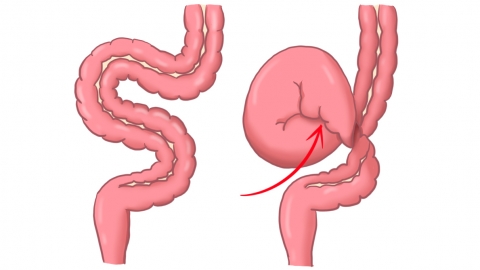Can a person diagnosed with intussusception still eat?
In general, patients who have been diagnosed with intussusception must not eat. If uncomfortable symptoms occur, it is recommended to seek timely medical evaluation and treatment at a正规 hospital. The specific analysis is as follows:

After a diagnosis of intussusception, a segment of the intestine has telescoped into an adjacent portion, causing intestinal obstruction and digestive dysfunction. Eating under these circumstances allows food to enter the obstructed section of the intestine, where it cannot move forward normally. This may worsen intestinal distension, leading to severe abdominal pain and bloating, and could further damage the intestinal mucosa or even increase the risk of bowel perforation. Additionally, gases and fluids produced during digestion can increase pressure within the intestine, which is unfavorable for reduction of the intussusception. Therefore, eating must be strictly prohibited.
During the fasting period, patients must strictly follow medical instructions to receive intravenous fluids to maintain hydration, electrolyte balance, and nutritional needs. Close monitoring of symptoms such as abdominal pain, vomiting, and bowel movements is essential; if abdominal pain intensifies, vomiting becomes frequent, or blood appears in the stool, medical staff should be informed immediately. Do not administer any food or drink on your own, even if symptoms appear to improve. Only after a physician evaluates and confirms recovery of intestinal function should patients gradually begin with liquid foods. During treatment, maintain rest and minimize physical activity to reduce stimulation to the intestines and promote recovery.




